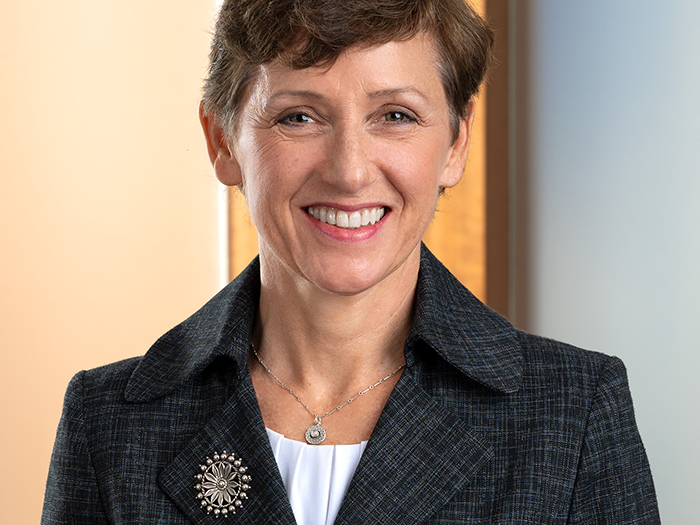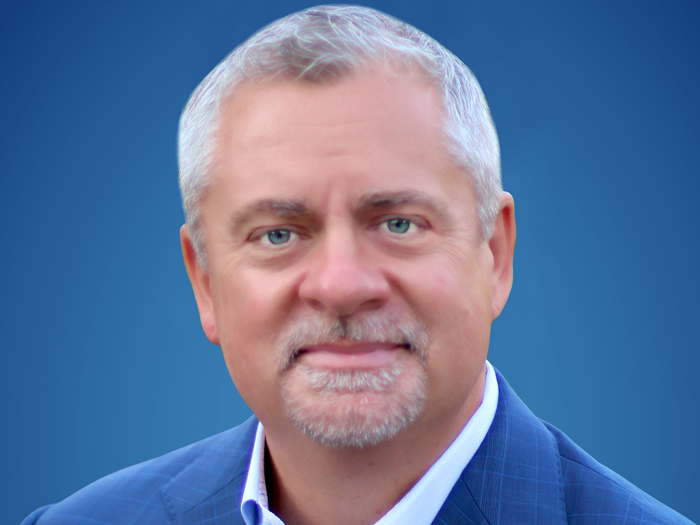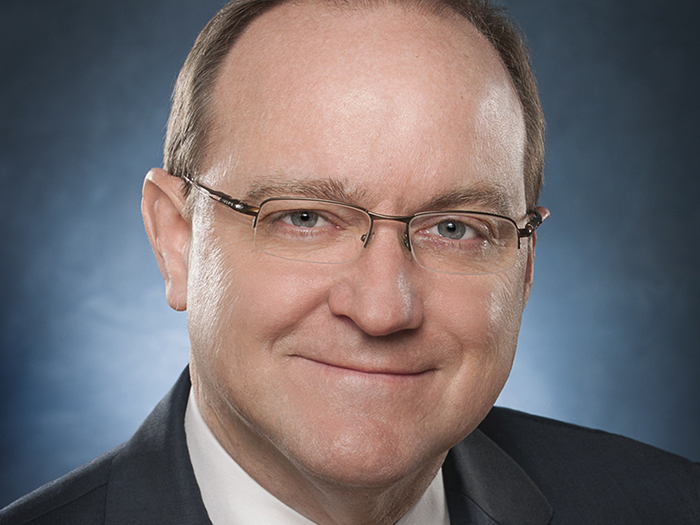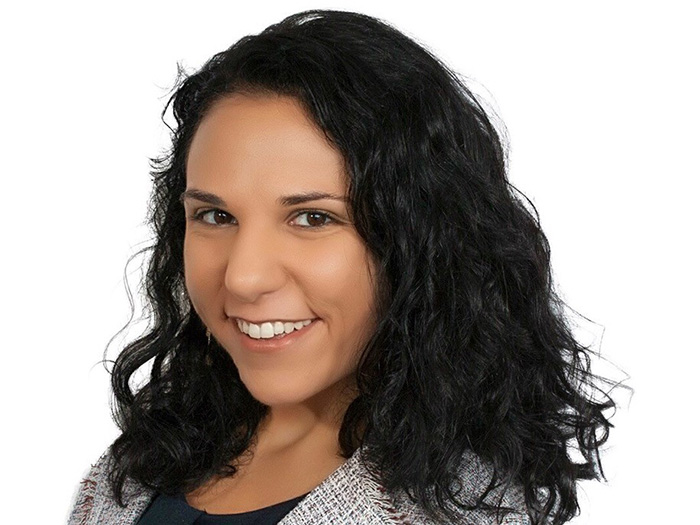The Insurance Communicators: A Conversation with United Educators’ Tish King

The professionals that focus on communications, public relations and marketing in the insurance industry perform a vital function. They’re the ones that build needed bridges between the industry, the media, policyholders and other key players.
It’s possible that insurance will never be fully understood by significant portions of the public and private sectors. But that doesn’t mean these communications professionals don’t keep trying!
In this series from Risk & Insurance, we interview public relations and media relations professionals who have spent a significant portion of their professional lives in the insurance space. The goal of the series is to give the industry and the world at large a better idea of the important work these professionals do.
In this installment, we talk to Tish King, director of communications with United Educators.
Risk & Insurance: Tish, you have a pretty deep background in communications. For starters, was that where you always wanted to go with your career?
Tish King: While I didn’t get a degree in communication, my career has focused on helping people better understand one another. That includes my work on international educational exchanges, including the Fulbright Program, international broadcasting, public broadcasting, and now serving education through insurance.
The underlying theme is increasing understanding. Right now, with United Educators, my work is helping expand our communications with members and brokers, helping people understand risks and risk transfer, to try to prevent bad things from happening.
The work I do for UE nurtures the mission of schools and colleges so teachers can teach and students can pursue their goals through learning. But underneath it all, it’s about understanding, strengthening our civil society, making communities healthier and, I hope, opening the doors of opportunity more equitably.
R&I: Is your work with United Educators fulfilling in that regard?
TK: Yes. In every career move, there are a combination of factors. Mission and culture drew me to UE. It does scratch that itch, so to speak, because UE is both risk management and insurance. It serves K through 12 and higher ed institutions.
UE has this tremendous culture of caring for our members and staff. Part of that is a commitment to diversity, equity and inclusion, which is very important to me.
I think that spirit of inclusion is also reflected in a commitment to lifelong learning, and that’s central to UE. In my first year, I offered an optional internal training session. We have a staff of about 200 people, and almost a quarter of the staff attended the 45-minute session, which spoke volumes to me. Staff from the front lines to the executive team showed up, and they actively participated. It was just wonderful and stunning in the nicest way possible.
R&I: We hope that insurance has an impact all across the board, but where do you see the value of insurance and risk management bolstering education?
TK: I hope you’ll agree that education plays a vital role in our country. At the same time, as you and your readers know very well, there are seismic challenges for education right now.
I do believe that risk management and risk transfer through insurance are essential and vital to sustaining education, and that we help address threats and challenges they have.
We know that the costs of claims can be devastating, on both a human level and a financial one. A big part of the work of UE is helping to try to prevent those problems.
We have practical tools, we have online courses, we track trends and data. We are trying to scan the horizon to see what’s ahead, to avoid what might be coming down the pike.
Some of the risks are persistent and you know them well; slips, trips and falls are very common. Unfortunately, sexual misconduct and abuse exist. We also have discrimination and other persistent problems. Others are emerging; we’re now seeing problems involving emotional abuse by coaches.
We know that we want to work to try to prevent these problems. When the claims come, the approach to resolving claims can play a significant role, both in the costs and helping the community heal after the incident. So the ways we’re serving education matter, helping sustain its work by providing resources on both the prevention and the handling of claims.
R&I: In your role as a communications professional within this industry, what would you say are some of your biggest challenges?
TK: Well, I’m a doer. I always like the satisfaction of having done something and checked it off my list. In the case of communications, it’s not a one-and-done thing.
You can’t just check it off your list. It takes time, it takes energy, it takes creativity, it takes persistence.
You know, of course, that we are all bombarded with news and information that’s around the clock; that there’s this cacophony of news and information, and it’s hard to break through that. It’s hard to get people to focus if they’re looking on multiple screens while they’re consuming information, being entertained and reading news at the same time.
That’s difficult for both internal communications and external communications. I think the challenge is to elevate communications as an organizational priority amidst the challenges and press of day-to-day business. I don’t think that’s going away.
I don’t think that’s unique to our organization. I think that’s a universal challenge.
R&I: What if you were talking to a young person who is a communications, journalism or marketing graduate? What would you tell them about what you’ve learned about insurance? And if you do think it’s a good career, how would you describe this industry as a potential career path?
TK: I do think it’s a wonderful career path. Everyone has to find a path that works for them.
With a career in insurance, you can help people recover from some of the worst situations imaginable. Your focus can be on helping others.
There is unfortunately a negative cliché about insurance, and I think of the movie The Incredibles. I don’t know if you remember — there was the insurance boss who was always looking for ways to dodge the policyholders.
Mr. Incredible found the workarounds to help the policyholders. But the cliché isn’t the standard. I think the key is to connect with a mission-focused organization, like UE, that’s really dedicated to supporting our members and, in our case, the work of education.
A career in communications for insurance can also provide a balance in work and life outside of work. That balance is not always something you can take for granted, especially in the field of communications. Communications can be very demanding, very high-pressure, where around-the-clock availability is the expectation. So yes, I do think it’s a great career path for the right person with the right company.
R&I: Do you see trends or dynamics, Tish, where you think the industry could do a better job of explaining what it does or telling its story?
TK: Insurance helps people and organizations through risk prevention and claims resolution.
I think it’s important for us to remember that it’s in everyone’s interest to work together. That means taking active steps to reduce risks — simple things like not talking on our cell phone while we’re driving — and resolving claims with fair and reasonable costs when something does happen.
I recognize that data, statistics and actuarial considerations are foundational to insurance, but insurance is also personal, for businesses and their customers. There’s a human element that we never want to lose sight of. Our individual efforts to mitigate risks — to try and learn from the experts helping us understand where the risks are — and then our connections with our insurers who help us when we have a claim all matter.
I have a vivid recollection of a couple years ago when I had to call my insurer. My car skidded off the road on a slippery hillside, and it narrowly missed a telephone pole and electric junction box.
I was left balancing on three wheels, with one of the wheels off the ground. I had my teenager in the car. I was obviously shaken. She was eager to be out in the snow with friends, but we needed roadside assistance.
I called and the first question, to my happy surprise, was “Are you okay?” I just felt such relief. Thankfully, we were able to walk away from the car back to where we were staying.
The tow truck came, but not until the next day when the temperature rose and it was safe to be on the roads again.
I appreciated not only that I felt cared for but that they were watching out for the tow truck driver. And guess what? It renewed my sense of loyalty to my insurer.
I think that human connection, that philosophy of caring, is central to insurance as an industry, and I think it’s central to how we can help the people we serve to thrive. &










